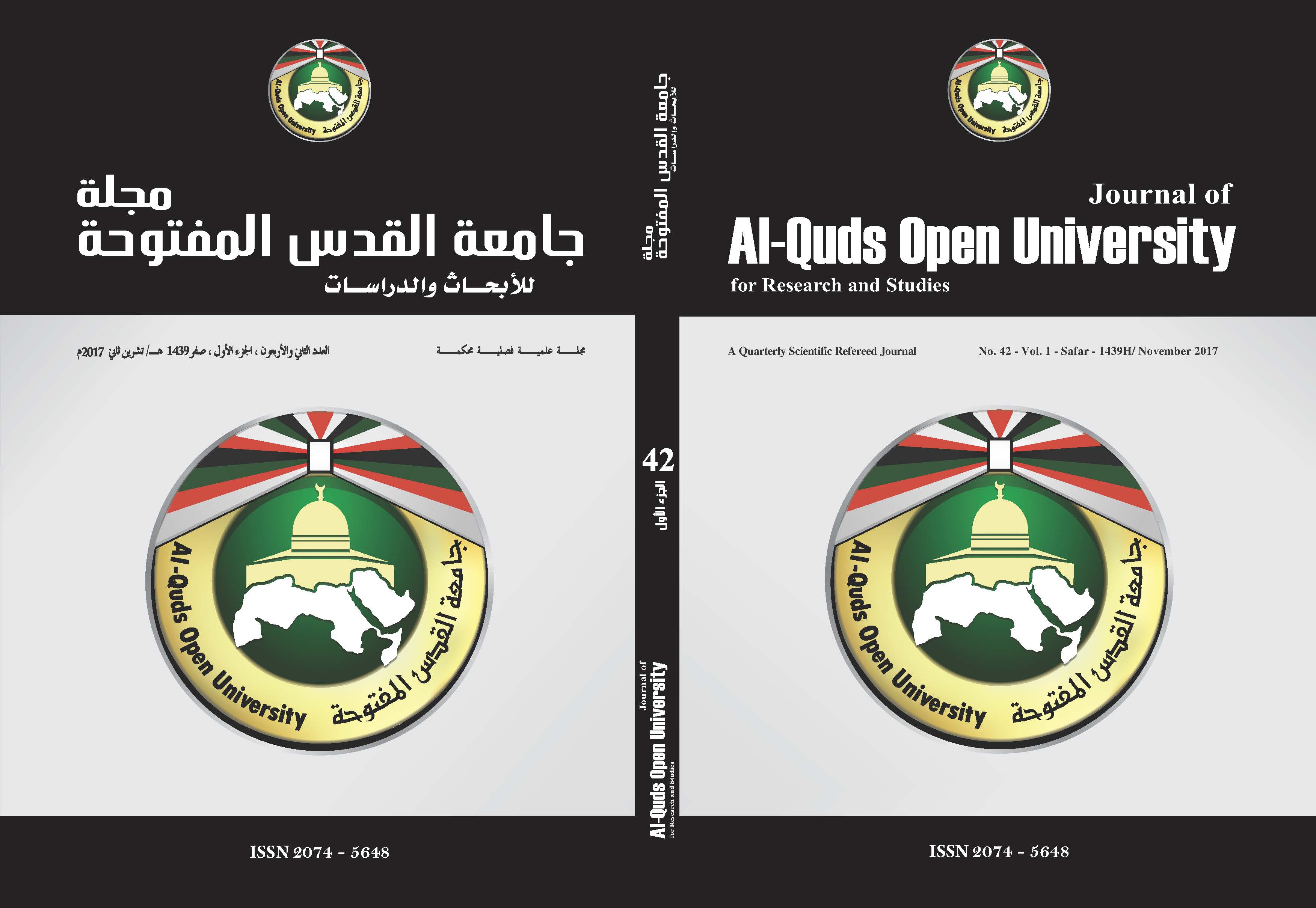Opening the Doors for Mobile Assisted Language Learning Mobile Apps for ESL: Value and Methods
Keywords:
MALL, m-learning, Apps, smartphones, student- centered.Abstract
This descriptive paper aims at pointing out the importance of utilizing mobiles in teaching English as a second language. Moreover, it presents the efficiency of m-learning, or Mobile Assisted Language Learning (MALL), as a powerful motivator that brings the outside reality to English as a Second Language (ESL) classroom, and it ensures students’ individuality while keeping up the team work. Furthermore, it focuses on embracing applications or apps as a cornerstone in teaching English for their broad availability, deep action and prolonged effect. This has been proved by discussing the Dual Coding theory, the Working Memory Model and the Frame of the Rational Analysis of Mobile Education (FRAME). Also, some models were displayed to show real experience in applying m-learning in teaching English as a second language at university level. The paper concluded that MALL has many qualities that can enhance the learning outcomes, elevates the positivity of the class environment and reduce time and connectivity waste. Besides, it guarantees better vocabulary acquiring and practicing. However, more research on the methodology of employing mobiles and Apps in teaching English and its limitations is still badly needed so as to help educators take responsibilities of their new roles in such classes.
Downloads
Published
How to Cite
Issue
Section
License
- The editorial board confirms its commitment to the intellectual property rights
- Researchers also have to commit to the intellectual property rights.
- The research copyrights and publication are owned by the Journal once the researcher is notified about the approval of the paper. The scientific materials published or approved for publishing in the Journal should not be republished unless a written acknowledgment is obtained by the Deanship of Scientific Research.
- Research papers should not be published or republished unless a written acknowledgement is obtained from the Deanship of Scientific Research.
- The researcher has the right to accredit the research to himself, and to place his name on all the copies, editions and volumes published.
- The author has the right to request the accreditation of the published papers to himself.













_2.png)
_.png)
_2.png)
_1.png)
_.png)

